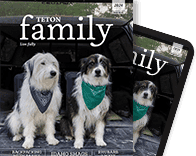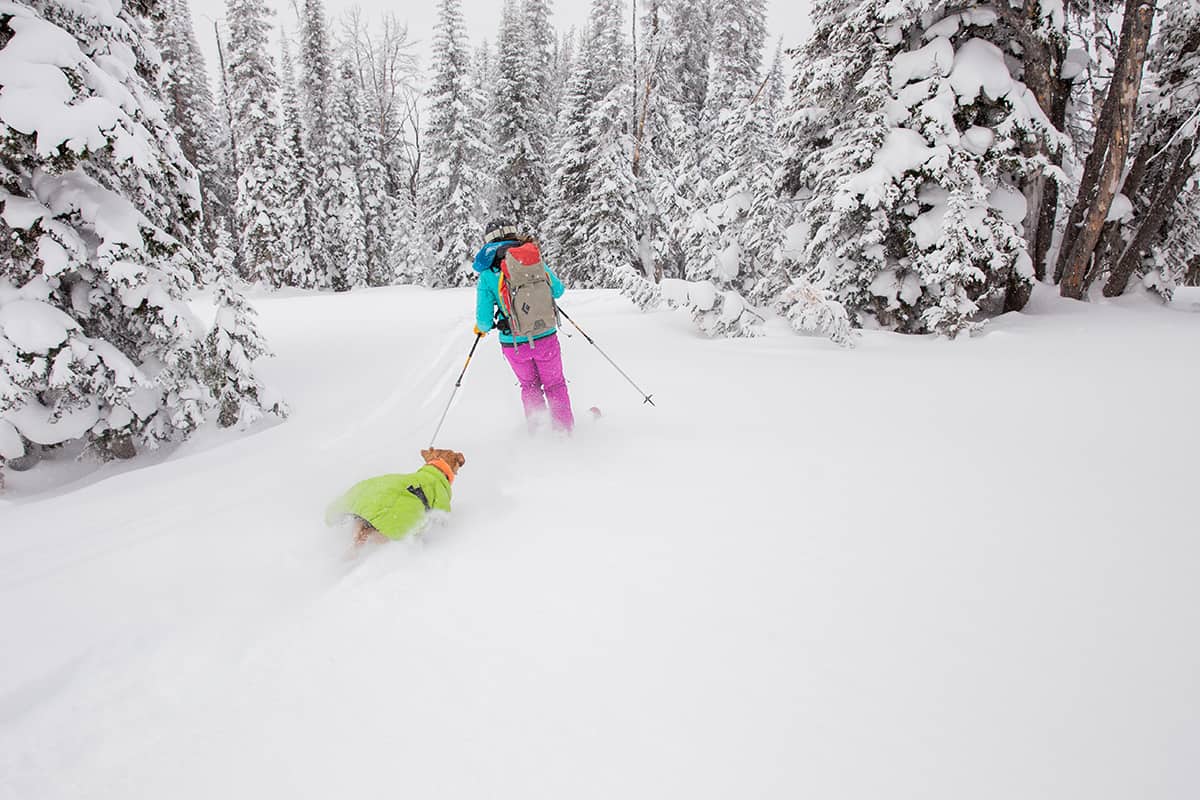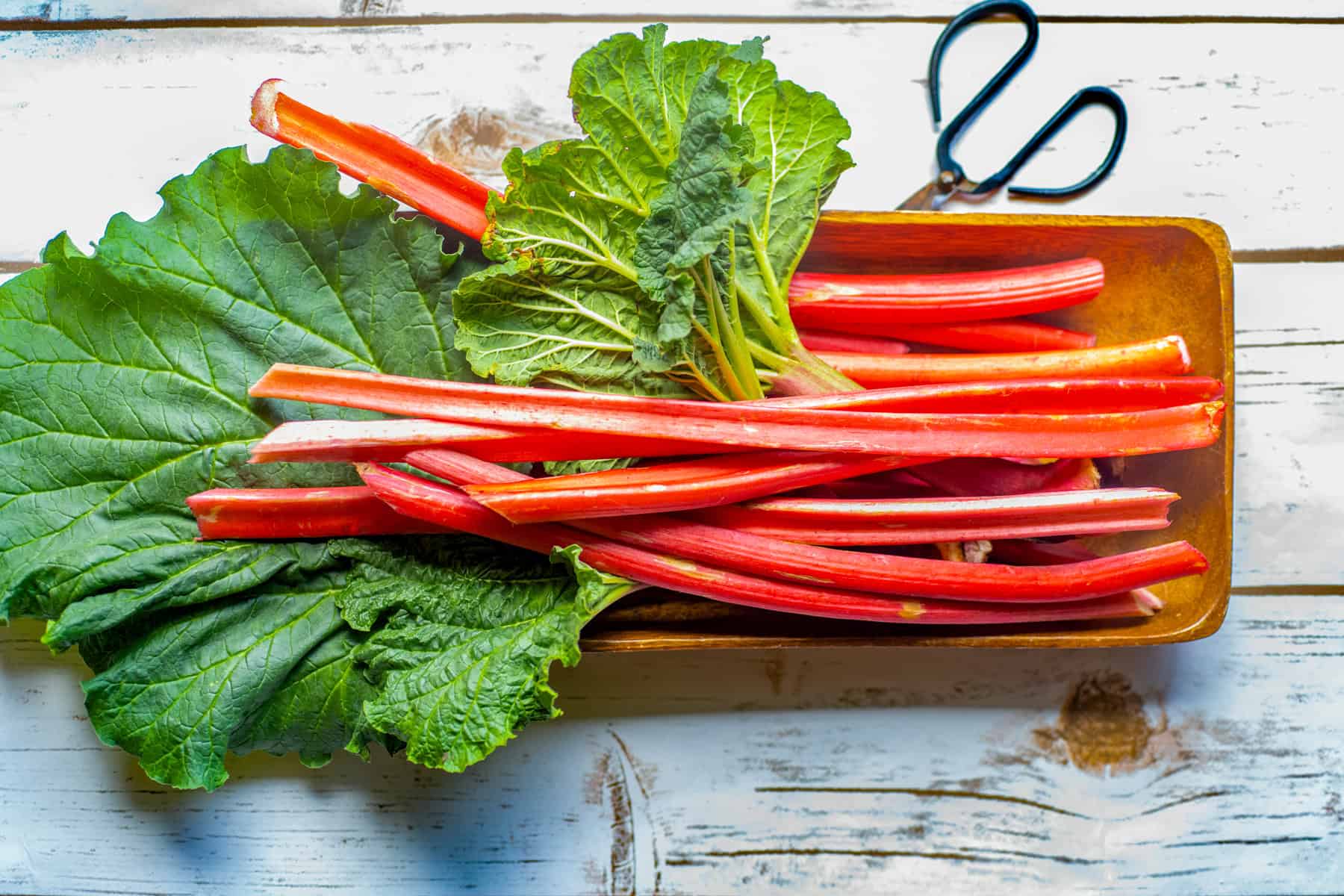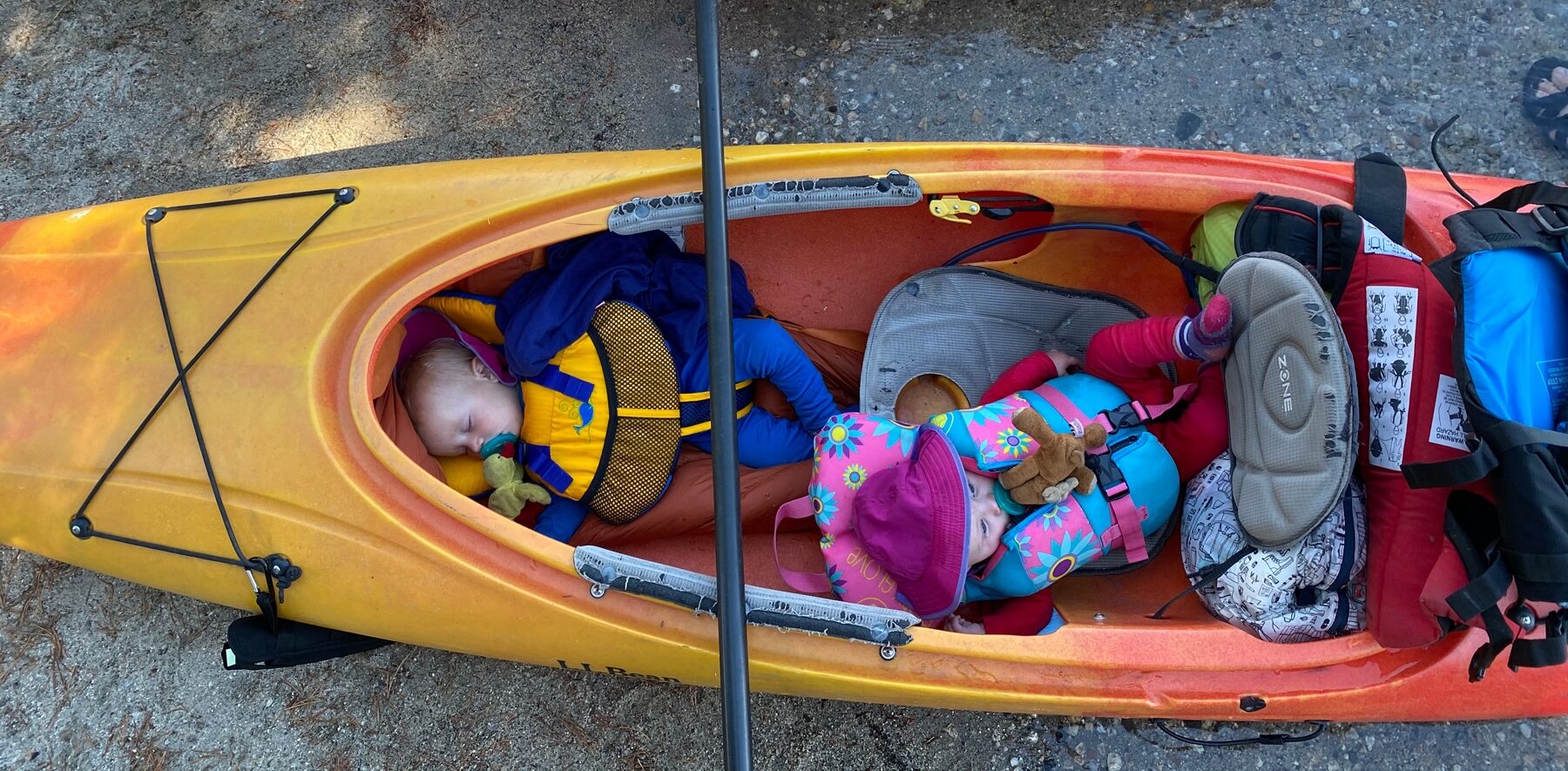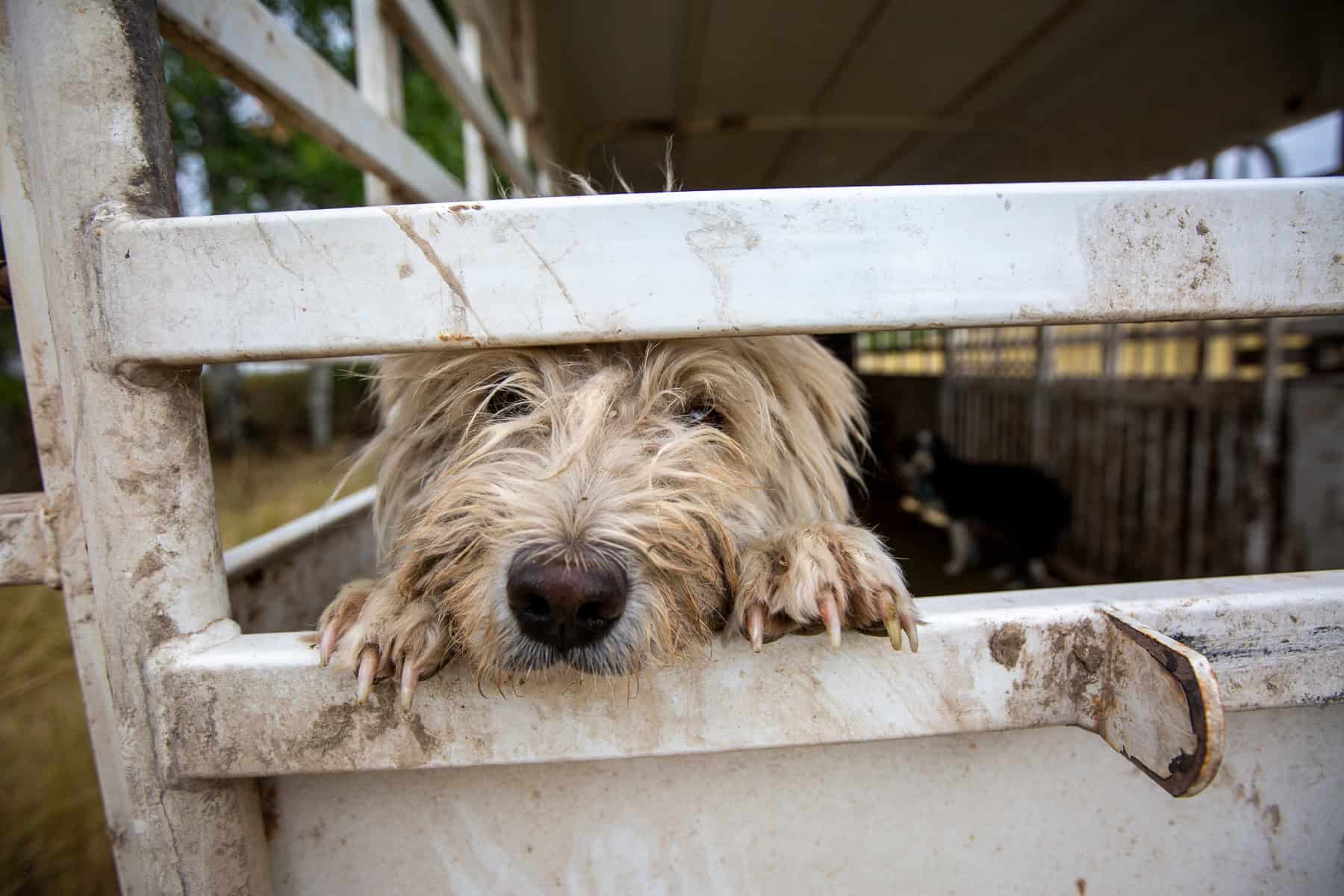By Christina Shepherd McGuire // Photography by Shannon Corsi
—
Empowerment:
the process of becoming stronger and more confident
Liberation:
freedom from limits on thought or behavior
Permission:
consent; authorization
To me, each of these words, and the feeling that goes along with them, describes the human plight. “Empowerment” gives us strength. “Liberation” helps us transcend. And “permission” … well, “permission” just offers us grace. If we could point our life’s arrow at a board with each word clearly sighted in our target scope, what would we aim to become?
I wonder if this question crossed the minds of the three female business owners I cherry-picked to teach me more about the underlying meanings of these expressions—words that emerged in the era of the women’s lib movement, but have grown to take on a fashionable tone, as forming a connection to consumerism grows more and more imperative.

Empowerment: Doing. My. Own. Sh*#.
Susan Pieper, owner and founder of DMOS Collective in Alpine, Wyoming embraces the Jackson Hole “send it” attitude. This stepmother to three and mother of one launched her shovel company in 2015 with a Kickstarter campaign centered on her youngest son Steven’s X Games spirit.
“Steven wanted to be Travis Rice. He was the one building jumps out of snow and dirt and sending it,” says Pieper, as she explains how she and Steven are cut from the same cloth.
“Me, on the other hand, I tend to start companies mid-career, so that’s a different type of ‘sending it,’ ” she jokes.
Steven continuously broke shovels while crafting “kickers” in their Wyoming backyard, causing Pieper to brainstorm her creation—a portable terrain shovel meant for building backcountry ski and snowboard jumps. Backed by pro snowboarder, Travis Rice, DMOS’s Kicker Shovel won an industry award, gained a pro-athlete following, and set the company on a path to becoming the most successfully crowd-funded shovel in the world.

As her products gained steam, the need to bring manufacturing back to the States grew apparent. In 2017, she partnered with a factory in Portland, Oregon, and a “collective” of professional users to build shovels that were full-size and packable, and outperformed and outlasted anything currently found on the market. Today, DMOS’s shovels are used roadside, on snow, on job sites, and by off-road race teams, the military and law enforcement, landscapers, and ski resort professionals. DMOS recognizes, “If your tool fails, then the job is over, the adventure is cut short, or worse.”
Pieper’s quality products and mental toughness have landed her a stronghold in the motorsports industry, an industry largely dominated by male participants and male-owned businesses.

“In the men’s world that I play in, it is more pronounced that I am a woman,” says Pieper. “I’m five years in, and I still get men saying they don’t think our shovels are strong. … They would never say that to me if I was Bear Grylls.”
Pieper took the many years of negative commentary, treated it as respectfully as she could, and then proved the naysayers wrong by setting unwavering values for her company, which include democracy, sustainability, and innovation of design.
“To me, democracy means: How many jobs can I create that hit that sweet spot—jobs where people are designers, engineers, and e-commerce marketers?” says Pieper. “In today’s factories, workers are using state-of-the-art computers, whether they’re making a shovel or an iPhone case. They are skilled craftsman, and I think that’s a worthy trade.”

Pieper prides herself on creating a product that supports sustainable consumerism and stands the test of time. Ninety percent of DMOS’s products are made of aircraft aluminum, which is lightweight, strong, rust-proof, and one of the most recyclable materials in the world. And if a DMOS shovel is ever rendered useless (even though it’s crafted not to be), you can recycle it.
But it’s the innovation of design that makes Pieper’s priorities stand out. DMOS’s shovels look vastly different from other portable shovels on the market. They fit effortlessly inside the footwell of a car or truck or alongside a flair, gloves, a headlamp, and other safety accessories needed for winter driving. And they’re rackable on DMOS’s patented mounts for truck beds, spare tires, and vehicle roofs.
“I want to empower people to be able to save themselves and to do their own sh*#,” says Pieper.
Pieper lives out her company’s motto by challenging herself both in her business and personal life. For the past two years, she’s competed in the Rebelle Rally, a women-specific, off-road rally event. This past season, she held the role of co-driver and navigator, partnering with a Jeep Rubicon driver who’s also a skydiver, mountain climber, mom, and a Ph.D. She approaches her race navigation role with the same tenacity as she does her business: head down in a map, plotting points, doing math all day long, and proving the worth of her personhood.

Liberation: Supporting a Gender-Balanced Industry
“Wild Rye is a brand that speaks to all women,” says Ketchum, Idaho-based Cassie Abel, owner of Wild Rye women’s-specific technical apparel. The company, created with the mission of providing a welcoming and inclusive access point for women to get outside, crafts beautiful and technical mountain biking apparel and merino wool layering pieces for women. It was founded in 2016 by Abel and former business partner Katy Hover-Smoot, and has recently transitioned to a “team of one” (with some full-time help, of course), as Hover-Smoot stepped down and a soon-to-be mom Abel took over.
Having a baby and taking over a business at the same time proved challenging for Abel, but it also gave her an alternative perspective on the “women in the outdoors” conversation. Wild Rye’s blog, ground zero for the war stories of active women, covers topics like women’s health, overcoming the fear of outdoor sports, and highlights the post “Ode to the Fifth Trimester and Beyond” where six mothers tap into the struggles of pregnancy, getting back on the saddle postpartum, and raising quality humans.

Abel writes, “I was barely able to exercise during those nine months. It took me weeks to so much as walk around the block postpartum. I skied groomers … but at every little bump, I felt like my insides might just fall out. … That’s the real talk of my journey that I believe we miss in this internet-perfect world we’re living in.”
Peruse Wild Rye’s Instagram feed and you’ll encounter the same sense of “realness,” with a photo of a team ambassador breast pumping trailside and a nod to the woes of not having toilet paper in the backcounty (despite the provided outhouse). By saying what often goes unsaid and instead becomes masked by the “rad factor,” Wild Rye creates brand alignment with women who celebrate the femininity of sport.
“I think there’s a lot of work to be done [to support women] on many levels in the outdoor industry,” say Abel. “Often, [Wild Rye] is looked to by big bike brands for how to do the women’s segment right. They want us to succeed because the industry realizes that more women participants is good for everyone. … Still, women need to be spoken to differently.”

Abel takes her mission one step further with a movement called Women Led Wednesday, her invention of a new holiday (similar to Giving Tuesday or Cyber Monday) and website (womenledwednesday.com) where brands like Title Nine and Carve Designs encourage consumers to shop with other women-led companies. Through this platform, Abel fights for gender diversity in the corporate setting and uses her fleet of small companies to prove that “rising tides lift all ships.”
This leadership trait that Abel portrays throughout her brand’s spirit is one she models in her personal life, as well.
“I am really excited to show my son, Sawyer, what a strong female leader looks like,” says Abel. “Women and men are equal, and the gender roles of the past are not the gender roles of today. I think this is super important to pass onto little boys.”
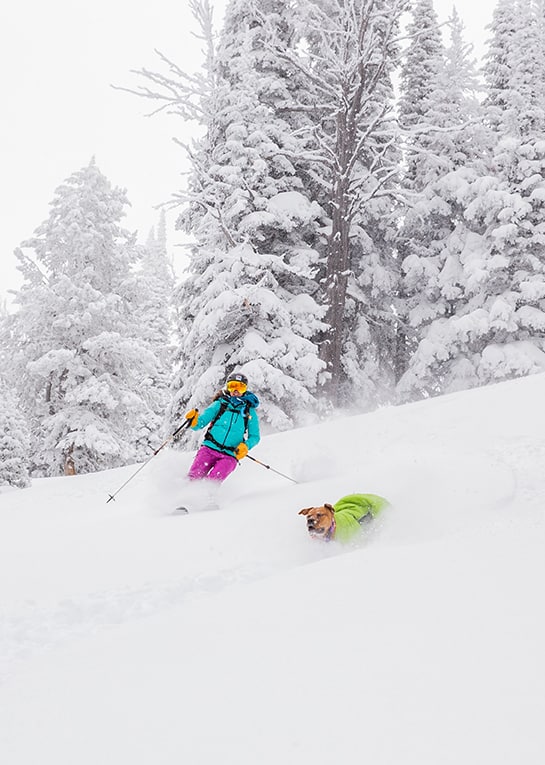
Amy Hatch of Garage Grown Gear leaves ten hours each week for adventuring, a manifesto that hangs over her desk.
Permission: Thinking Outside of the Box
Amy Hatch of Garage Grown Gear (GGG) has entrepreneurship running deep within her veins. She’s know “since forever” that someday she would own and run her own business. Founded in 2013, Garage Grown Gear speaks to the ultralight backpacking and thru-hiking community by spotlighting cottage industry startups and selling their gear. You could say her company is part niche media resource and part online retailer, as its weekly newsletters serve a community of 115,000 strong.
In 2017, Hatch partnered with fellow outdoor enthusiast, Lloyd Vogel and expanded her cloud-based operation. Hatch continues to work out of her home in Victor, Idaho, and Vogel operates out of Minnesota’s Twin Cities, where the company has a small retail store and allocation center.
Hatch also started her business with a young child in tow. But different than Abel, the chicken came well before the egg, and with a reality check to boot.
“When Grace came along, life got real,” says Hatch. “I went from being this total ski bum, ultra-runner who was living the Teton Valley dream to adopting the mindset of: ‘Now it’s time to start making decisions about how I’d like my life to track.’ ”

Since then, Hatch holds her own feet to the fire. Her work day ends when Grace gets home from school. She tackles her business goals in an efficient 25-hour work week, and then she shuts it all down to be a parent and to play. This schedule shapes her life’s manifesto that hangs over her home-based work desk, reminding her to leave 10 hours a week for adventuring, exercise, and yoga, and to make time to be fully engaged with her family.
“Somebody that works 40 hours a week has more work downtime than I do,” says Hatch. “With my allotted 25 hours, I’m full-on in the zone.”
Hatch pretty much nails her 10 hours of play a week (for real!), and it’s this showing up for herself and others that gives the obscure brands she aligns with a chance to live out their prophecies. Through the platform of an e-commerce site, Hatch and Vogel give little companies that think outside the box, and may have gotten their start on Kickstarter, the wings to fly.

“My absolute favorite part of working with small businesses is that we partner with people who are challenging the status quo of the outdoor industry,” says Hatch.
She notes Kula Cloth, a first-of-its-kind reusable antimicrobial pee cloth made for people who squat to pee while hiking, backpacking, mountain biking, camping, or participating in a host of other outdoor activities. Hatch explains that the language they use to describe Kula Cloth on the GGG website is super intentional. (They use the inclusive phrase “people who squat to pee,” instead of marketing it as a women-specific product.)
“I think the outdoor industry is having an identity crisis right now,” explains Hatch. “I really view my role as a human being and as a mother to help transition the industry to become more diverse. I’m pretty over the ‘bro fest.’ ”
Choosing the companies she aligns with is as calculated as the rituals Hatch brings into her everyday life. Nothing is done without thought or purpose, and most everything follows a carefully designed schedule. It’s within her lifestyle plan that she can still give herself permission to connect with her daughter through her dedicated work.
“During our COVID stay-at-home order, Grace [age 8] helped me stage photoshoots and come up with lingo sayings for online promotions,” says Hatch. “She really absorbed this way of making a living and how I do it on my own terms.”
Empowerment. Liberation. Permission.
Yeah, I think these ladies have it dialed. And they’ve taught me something in the process. It’s less about proving you can keep up with the guys, and more about putting your values out on a plate for others around you to nibble on. If you stay true to those values, and keep adding to them, eventually the waft of their scent becomes hard to resist. Then soon, the hors d’oeuvres of your life’s offering turn into a main course—one that others find downright delicious, too.
